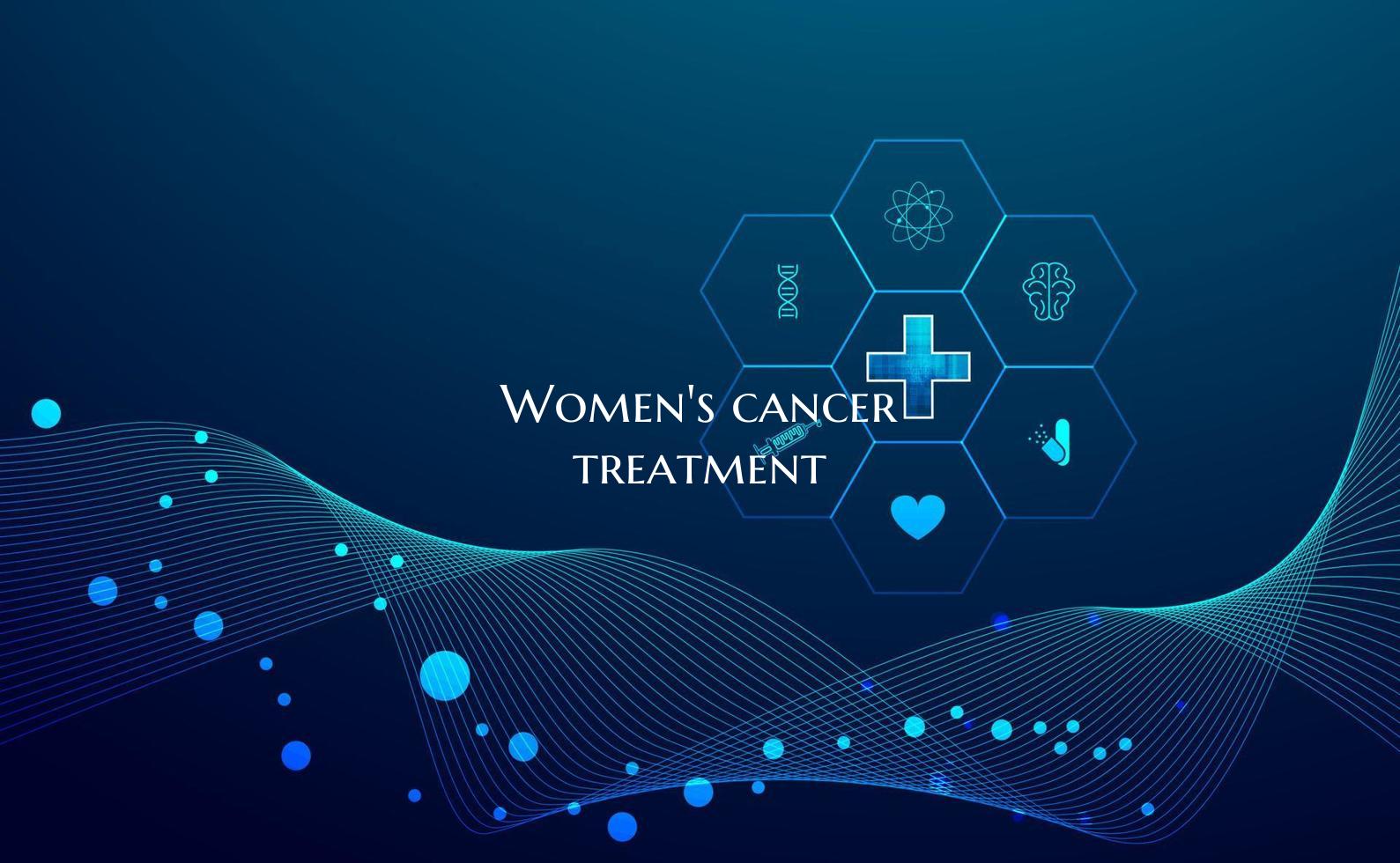
Women's cancer treatment
Cancer does not discriminate and affects individuals from all walks of life. When it comes to women facing cancer, the emotional and physical toll can be particularly challenging. Understanding the unique needs of women undergoing cancer treatment is essential in providing personalized and effective care.
1. Holistic Approach to Treatment: Women's cancer treatment should encompass a holistic approach that considers not only the physical aspect of the disease but also the emotional and mental well-being of the patient. Providing access to support groups, counseling services, and complementary therapies can significantly improve the overall quality of care.
2. Personalized Care Plans: Every woman's experience with cancer is unique, and treatment plans should be tailored to individual needs. Factors such as age, type of cancer, stage of the disease, and personal preferences should all be taken into account when developing a care plan.
3. Early Detection and Screening: Regular cancer screenings are vital for early detection, which can significantly improve treatment outcomes. Encouraging women to undergo routine screenings for breast, cervical, ovarian, and other cancers can help in detecting cancer at an early stage when it is most treatable.
4. Advancements in Treatment Options: Advancements in cancer treatment have led to more targeted therapies and improved survival rates. Keeping abreast of the latest treatment options and technologies can help healthcare providers offer the best possible care to women with cancer.
5. Support and Empowerment: Women facing cancer often require strong support systems to navigate through their treatment journey. Providing education, resources, and a compassionate environment can empower women to make informed decisions about their care and treatment options.
6. Survivorship Care: After completing cancer treatment, women still require ongoing care and support to manage any side effects, monitor for recurrence, and address emotional well-being. Survivorship care plans can help women transition back to normal life and ensure they receive the necessary follow-up care.
In conclusion, women's cancer treatment should be comprehensive, personalized, and supportive. By addressing the unique needs of women facing cancer, healthcare providers can improve treatment outcomes and enhance the overall quality of life for these individuals.